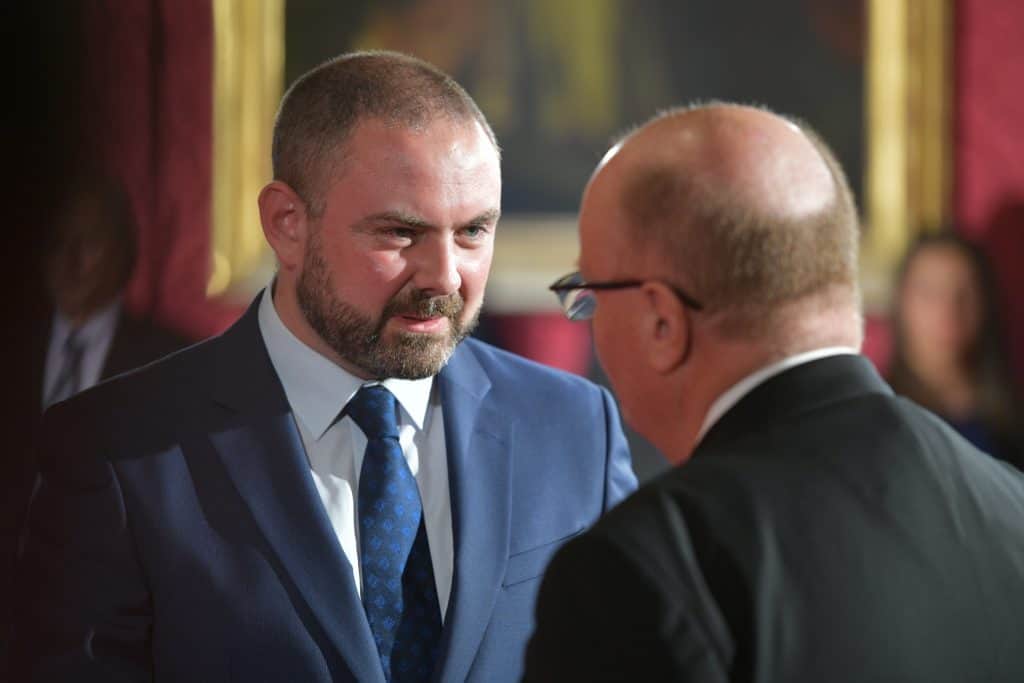The European Parliament’s Special Committee on Financial Crimes, Tax Evasion and Tax Avoidance (TAX3), summoned the Maltese Justice Minister Owen Bonnici to answer questions on Malta’s failure to investigate alleged money laundering in the Cabinet of Prime Minister Joseph Muscat, exposed by the Panama Papers.
The Panama Papers, back in 2016, revealed that Malta Prime Minister Joseph Muscat’s chief of staff Keith Schembri and Tourism Minister Konrad Mizzi owned offshore companies in Panama. Further investigations exposed them having opened the secret companies to receive €5,000 a day from two Dubai-registered companies, one of which is called 17 Black, owned by one of the Maltese owners of the new power station project Yorgen Fenech. Currently, Malta is now the only member state of the EU that has a sitting minister implicated in the scandal.
On the live broadcast late Monday evening, Owen Bonnici first stated that he doesn’t know exactly what is happening with the investigations on Mizzi and Schembri as, according to him, he is not supposed to know the details, ”since the Judiciary in Malta is independent of the Executive”. His answer was remarkable since the Court has in January 2019 already come to a decision on the matter and the decision not to investigate was made public.
Later on in the discussion, he did eventually retract from his previous statement when he explained the Committee that the “Maltese Criminal court has decreed that there was not enough evidence to continue with the investigation in regards Mizzi and Schembri based on the Panama Papers”.
The Court of Appeals did indeed last month block the magisterial inquiry into possible money laundering within the Government. On 8 January 2019, Judge Giovanni Grixti revoked the order for an inquiry stating that “hacked” documents cannot be used as evidence and that documents obtained “unlawfully” from the Panama Papers leak ”had no probative value”.
Meanwhile, in other countries around the world, the revelations have led to resignations, investigations and even arrests.
In July 2017, Magistrate Ian Farrugia had decreed that there would be enough ‘prima facie’ evidence to merit an in genere inquest into the two PEPs, as well as others including the Prime Minister, over their connections to Panama Papers revelations. The soundness of this decision gained ground when the Malta Constitutional Court presided by Judge Joseph Zammit McKeon found the Panama documents ”admissible as evidence” on February 27, 2018.

What the Justice Minister failed to tell the EP Committee, was that eventually the inquiry was blocked because Malta’s Prime Minister Joseph Muscat himself, with the accused Mizzi and Schembri and others, filed several complaints to stop the initial order for a magisterial inquiry.
What Justice Minister Bonnici also failed to tell the EP Committee, was that the Attorney General together with the Prime Minister filed the second request hindering the case, which was a case for the right to a fair hearing.
What Minister Bonnici also failed to tell the EP Committee, was that the whole reason there was any request for a magisterial inquiry at all, was because it was requested by the then Opposition Leader Simon Busuttil after the failure of the Maltese Police Commissioner and other authorities to investigate the alleged money laundering.
What Minister Bonnici also failed to tell the EP Committee, was that since all means to get justice in Malta have failed, after the Malta Police Commissioner, the FIAU and now finally the Courts have refused to investigate the matter, NGO ‘Repubblika’ saw no other means to get justice but by filing a request to the EU Commission and the Parliament to urge them to refer the matter to the European Court of Justice.